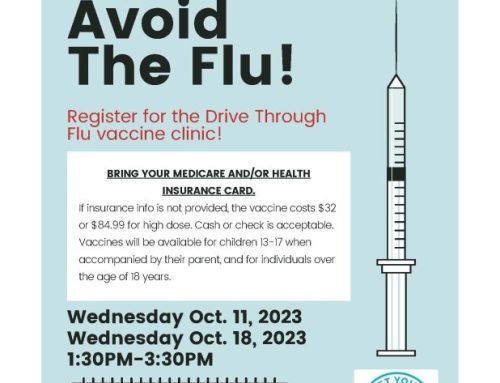By Karen Buda, Coordinator, The Community Well
Men and women share most of the same risk factors for heart disease. Almost all of them are considered controllable.
Heart Disease Risk Factors You Can Control
Smoking – If you smoke, work to quit. Better yet, don’t start. And for women, if you smoke and take birth control pills, your risk is much higher.
High Cholesterol –You want to keep your total cholesterol, “bad cholesterol” (LDL – low density lipoproteins) and triglycerides low, and your “good cholesterol” (or HDL – high-density lipoproteins) high. See your health care professional for blood tests that measure your cholesterol levels. Alterations to your diet can help to lower your unfavorable cholesterol scores and raise your good cholesterol.
High Blood Pressure – Health professionals recommend a blood pressure of not more than 120/80. Lower is generally better.
Physical Inactivity – Being active can help to control your risk of heart disease; regular exercise is recommended. Discuss recommended frequency and duration of exercise with your health care professional.
Obesity – Carrying excess body fat can have a negative effect on your health in several ways. Obesity increases your risk not only of heart disease, but also of Type 2 diabetes, sleep apnea, osteoarthritis and certain types of cancer. It is most commonly caused by a combination of excessive food intake, lack of physical activity and genetic susceptability. Your health care professional can calculate your “BMI” or Body Mass Index and discuss what a healthy weight would be for someone of your height.
Diabetes is a long-term metabolic disorder characterized by high blood sugar, insulin resistance and a relative lack of insulin. It primarily occurs as a result of obesity, lack of exercise and genetic predisposition. Type 2 diabetes is associated with two to four times the risk or cardiovascular disease, including narrowing of the blood vessels and stroke, and with a number of other health problems. Your doctor or nurse practitioner can order blood tests to check your blood sugar levels and determine if you are at risk for, or have, diabetes.
Heart Disease Risk Factors Beyond Your Control
Genetics can impact your risk of developing heart disease, diabetes and other health conditions. Discuss your family history of heart disease, diabetes and stroke with your health care provider.
Your physician or nurse practitioner can calculate a score for your 10-year risk of having a heart attack, based on these bloodwork results and other assessments. Be sure to see your health care provider to learn more about your risk of heart disease and how to minimize it.
Sources: GoRedForWomen.org; WebMD.com; Centers For Disease Control and Prevention at cdc.gov.




